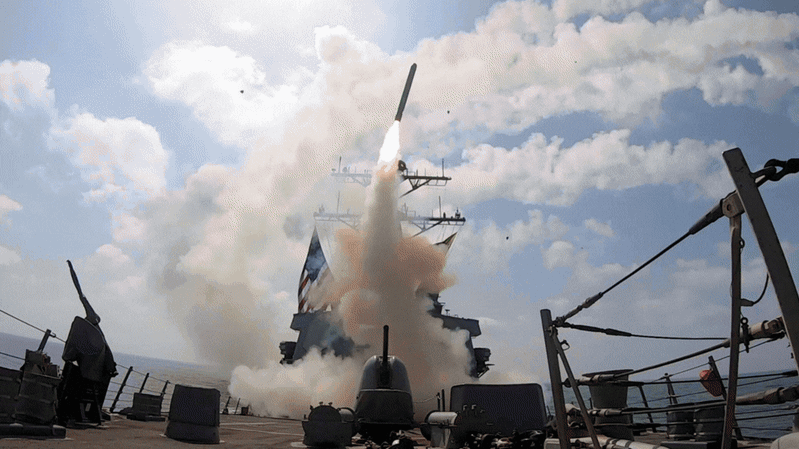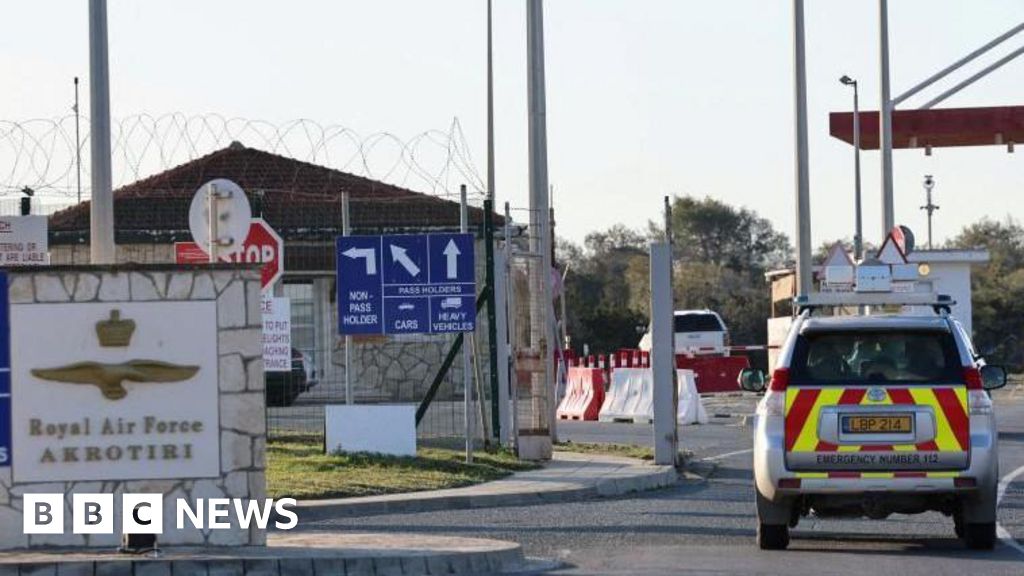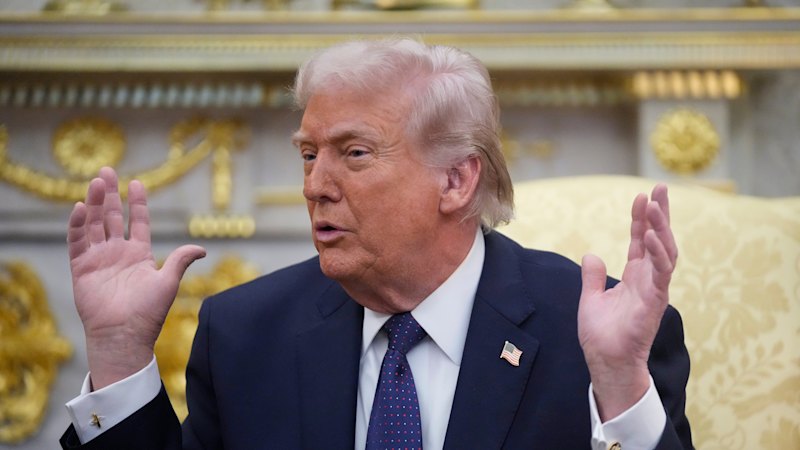
Beijing’s top intelligence agency has launched a scathing critique against Australian intelligence, accusing them of concocting a “Chinese espionage threat.” This accusation follows closely on the heels of the arrest of a Chinese national in Australia on charges related to foreign interference.
In a statement disseminated via its official WeChat account, China’s Ministry of State Security responded to recent comments by Mike Burgess, the director-general of the Australian Security Intelligence Organisation (ASIO). Burgess had highlighted that “nation states are spying at unprecedented levels, with unprecedented sophistication,” specifically naming China, Russia, and Iran as primary sources of espionage activity. His remarks were part of the Hawke Oration in Adelaide on July 31.
The Chinese agency’s statement described Australia’s intelligence community as “irrational and unprofessional,” suggesting that Burgess’s speech revealed Australia’s underlying security anxieties. This exchange marks a significant escalation in the ongoing geopolitical tensions between the two nations.
Background of Espionage Allegations
The recent arrest of a Chinese national in Australia under foreign interference laws has brought espionage concerns to the forefront. This incident is part of a broader pattern of increasing scrutiny and suspicion in Australia regarding Chinese activities. The Australian government has been vocal about its concerns over foreign interference, leading to the introduction of stricter laws aimed at curbing espionage and foreign influence.
ASIO’s heightened focus on China, as articulated by Burgess, reflects a growing trend among Western nations to counter perceived threats from Beijing. The speech in Adelaide was not an isolated event but rather part of a series of public disclosures by Australian officials aimed at raising awareness about the risks of foreign espionage.
International Reactions and Expert Opinions
The global community is watching these developments closely, as the accusations and counter-accusations between China and Australia could have broader implications for international relations. Experts in international security suggest that this is part of a larger narrative of rising tensions between China and Western countries, particularly in the context of technological and economic competition.
Dr. Emily Turner, a specialist in international relations, commented, “What we are witnessing is a classic case of geopolitical maneuvering. Both nations are trying to assert their dominance and protect their national interests, which inevitably leads to such public disputes.”
“Nation states are spying at unprecedented levels, with unprecedented sophistication.” – Mike Burgess, ASIO Director-General
Historical Context and Future Implications
The current situation is reminiscent of Cold War-era espionage dynamics, where mutual suspicion and intelligence operations were rampant between rival states. However, unlike the Cold War, today’s espionage activities are deeply intertwined with technological advancements, making them more sophisticated and harder to detect.
Looking ahead, the ongoing tensions between China and Australia could lead to further diplomatic strains and potentially impact economic ties. Both countries are significant trading partners, and continued hostilities could disrupt economic cooperation. Additionally, this situation may influence other countries’ policies towards China, as they observe how Australia navigates its relationship with the Asian superpower.
As the world becomes increasingly interconnected, the stakes of espionage and foreign interference grow higher. Nations must balance the need for security with the imperative of maintaining diplomatic and economic relationships. The unfolding situation between China and Australia serves as a critical case study in the complexities of modern international relations.





